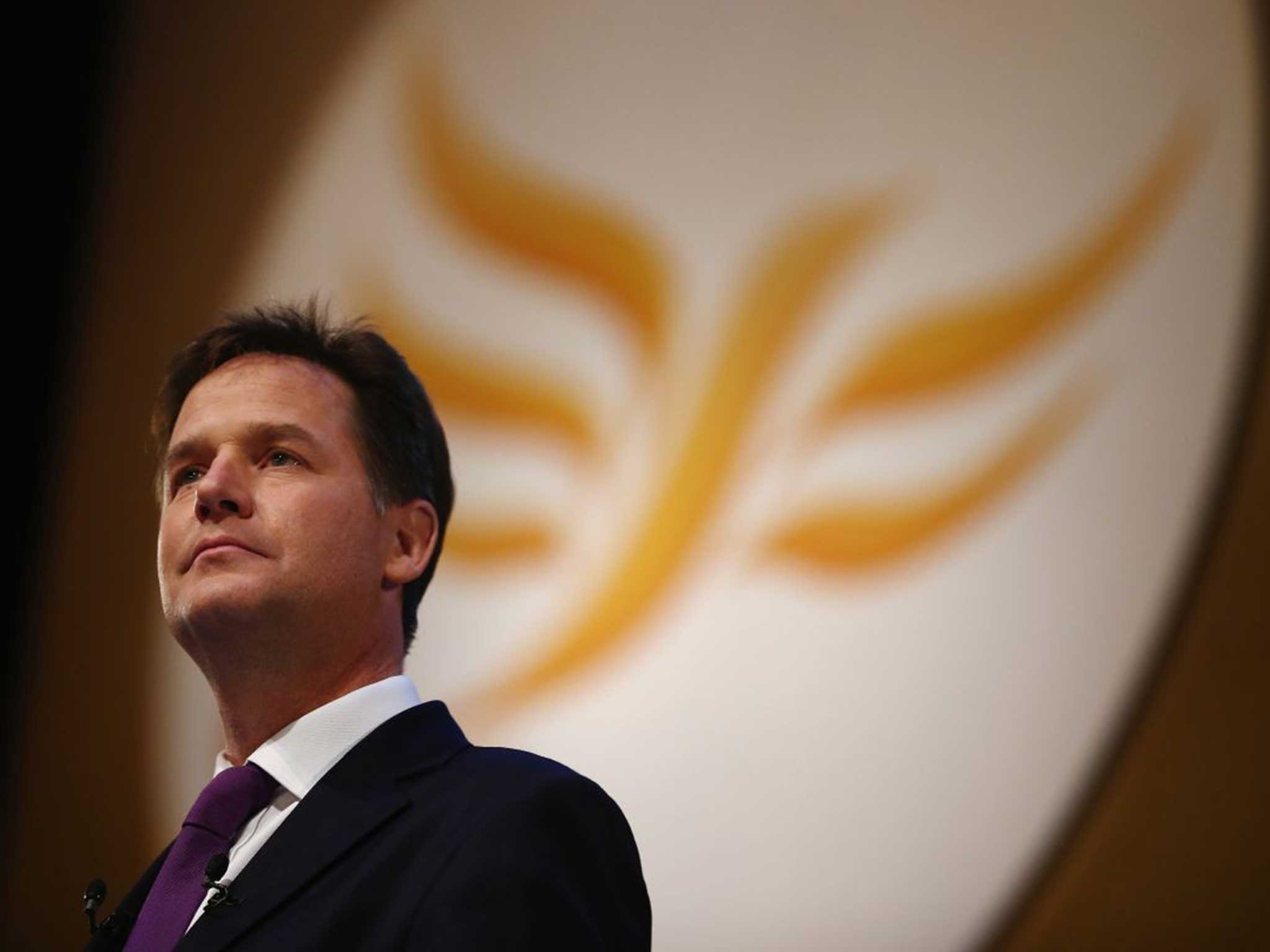General election latest: computer model predicts the Lib Dems might have even more influence
My view is that when the voters come to make their choice they will shy away from Ed Miliband


I bring alarming news from the computer model. Stephen Fisher of Trinity College, Oxford, updates his forecast for the general election every Friday. Last Friday's data run was a shocker. Having predicted since last autumn, when he started doing election forecasts, that David Cameron would be returned as Prime Minister, this time the numbers suggested Labour would be the largest party.
I call this alarming not because I find the prospect of Ed Miliband as prime minister disturbing, although I do, but because of the precise arithmetic of Fisher's central forecast. He predicts that Labour will win 296 seats, and the Conservatives 295. Assuming that Sinn Fein win five seats again, and continue to refuse to take their seats, that means Miliband would be 27 seats short of a majority. Cameron, therefore, would be 28 seats short. As Fisher's prediction is that the Liberal Democrats would win 31 seats, Nick Clegg's party would be in the position they were not in last time of being able (just) to deliver a majority to either of the two larger parties. Neither would be a secure majority: just nine with Labour or seven with the Tories, compared with 79 for the coalition now. So, despite the Lib Dems losing nearly half their seats, they would be in the powerful position of being able to trade on equal terms with both parties.
After the last election, Clegg was still trying to use talks with Labour to squeeze last-minute concessions out of Cameron when Gordon Brown finally put the phone down on him and went to the Palace to resign. But it was never a totally convincing tactic because Cameron knew that the "rainbow" alternative to a Con-Lib coalition would be held together with bits of string, Blu-Tack and Northern Ireland MPs who are often regarded as visitors from the land that time forgot, where gay cake is still banned.
Of all possible election outcomes, this must be one of the least attractive. Maybe that is just me. I am unenthusiastic about Miliband, whereas I think that on balance Cameron has been a reasonable prime minister, but worse than either of them is the prospect that the Liberal Democrats might have even more of an influence on government than they have at the moment.
So, it is worth asking some hard questions about Fisher's model. It takes the current opinion polls and projects them forward according to what happened to average levels of support for government and opposition before previous elections. Friday's projection was based on a current Labour lead of five points. But the forecast is both sensitive to the data put in, and quite imprecise. The three most recent polls have shown Labour leads averaging three points: if that had been put into the model the central forecast would have been for Cameron to win the same number of seats as last time, with Labour gaining at the expense of the Lib Dems, but still 25 seats behind the Tories.
The other point is that the central forecast is at the middle of a range of possibilities. Fisher quotes a "95 per cent prediction interval" – the range in which we would expect the outcome to fall 19 times out of 20. It covers everything between a Labour majority of 99 to a Conservative one of 133. Obviously the outcomes at the middle of the range are more likely than the ones at the edges, but it makes it hard to deal with uncertainty.
Probability is hard enough to understand anyway, of course. Look at Nate Silver, the guru of American election predictions. He said Brazil had a 65 per cent chance of winning against Germany in the World Cup semi-final. Well, you could say that their 7-1 defeat fell in the other 35 per cent but – after the event – we can be pretty confident that the 65 per cent figure meant little useful.
And that is before you get to the politics. The most important things that will happen between now and election day are not which statistician can best tweak their model, but the politics, politics, and politics.
My view, and this cannot be based on opinion polls, is that when the voters come to choose they will shy away from the prospect of Miliband as prime minister, just as they shied away from Neil Kinnock in 1992.
The importance of Fisher's projection, though, is that it reminds us that some election results that might seem arithmetically improbable are on the same spectrum as those with which we feel more comfortable, such as "a small Labour majority" or "roughly the same as last time". It is just as possible that we could find ourselves back in 1974, with governments made or broken by Northern Ireland MPs, Nationalists, or single-issue rogue MPs. Imagine the irony if the Scottish National Party, having lost the referendum this September, then found itself holding the balance of power at Westminster?
Join our commenting forum
Join thought-provoking conversations, follow other Independent readers and see their replies
Comments
Bookmark popover
Removed from bookmarks